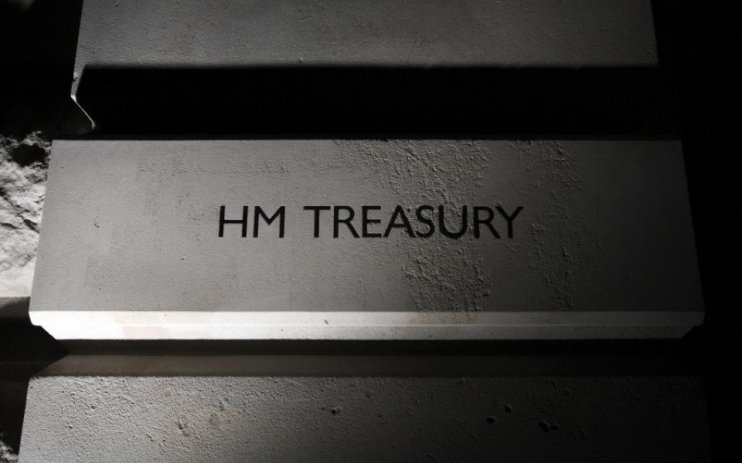Editorial: Shocks happen – and our institutions weren’t ready for this one

And Rishi Sunak thought the hard bit was over. Wearing the scars of a two-year fight against a global pandemic, he may have thought he’d have some respite to get the public finances in order in time for some pre-election giveaways. That increasingly looks a long prospect.
It may feel glib to discuss such matters amid the ongoing horror being visited on Ukraine by Vladimir Putin. But we would be remiss not to look at the impact on these shores. Today’s analysis of the Chancellor’s predicament by the non-partisan Institute of Fiscal Studies is deeply alarming – and a sign of what happens when Panglossian optimism guides the public finances rather than reality.
Part of the Chancellor – and the Bank of England’s job – is to build resilience. Neither George Osborne nor Philip Hammond did that during their time in the Treasury; Sajid Javid didn’t have time to before losing a power struggle with Dominic Cummings, and Rishi Sunak hasn’t had the chance to. The result are public finances that have whilst in theory survived Covid-19, cannot easily survive the inflationary elements of the recovery.
The Bank of England in more recent times allowed inflation to bed in at the end of 2021, with conditions already ripe for a year or more of runaway price hikes.
Both have now been hit by a further external shock: a war in Ukraine predicted by very few. We cannot blame either the Bank nor the Treasury for not seeing it coming, but a failure to build a buffer matters.
This level of crisis can become an opportunity to embark on real reform of our public services that future-proof the public finances. A forthcoming demographic crunch should be enough motivation to do that, if the unpredictability of borrowing costs the IFS have highlighted wasn’t. The Bank, meanwhile, must store in its institutional memory the first few months of this year. It may not be able to predict the unpredictable, but it should leave some wriggle room when it arrives.
